Ten summit finishes for Vuelta a Espana in 2016
Fewer overall mountains and transfers as more of route leaked
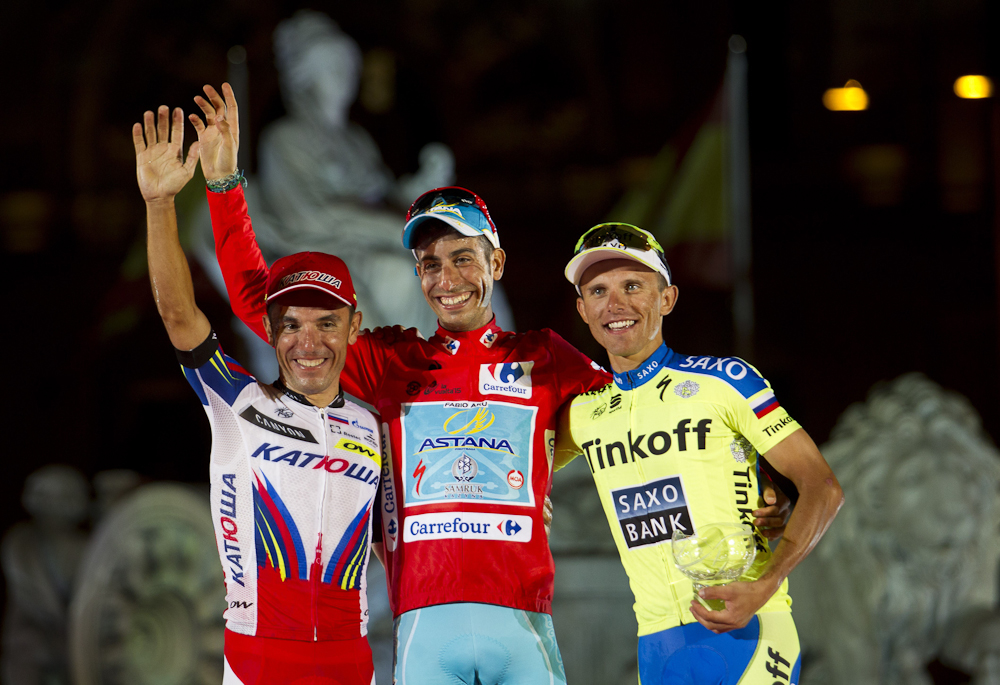
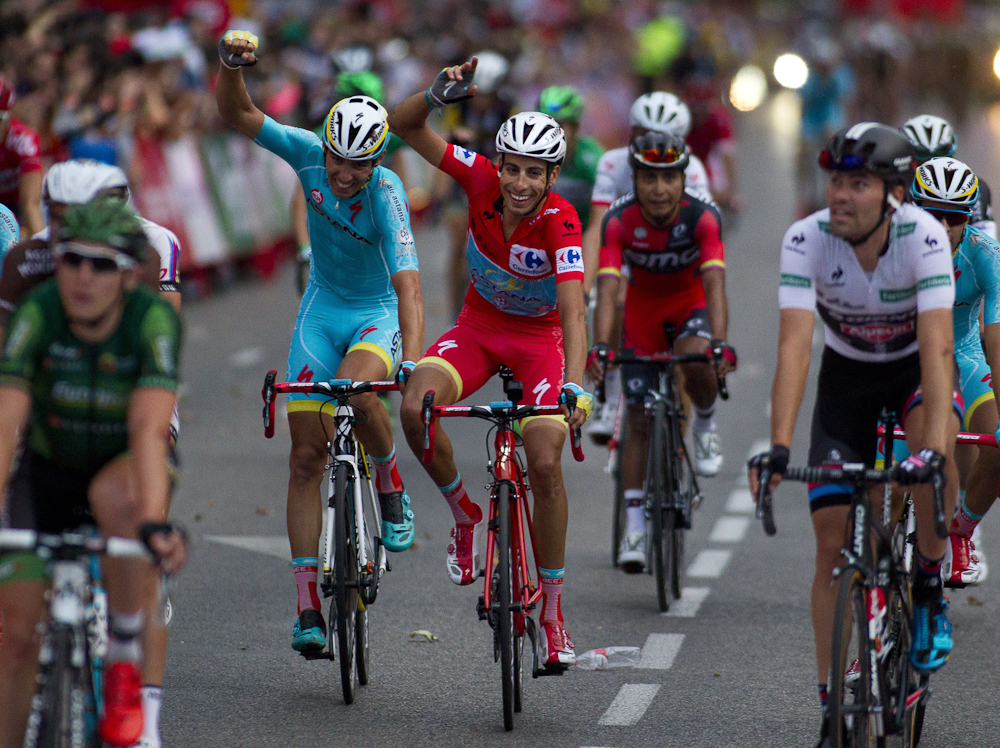
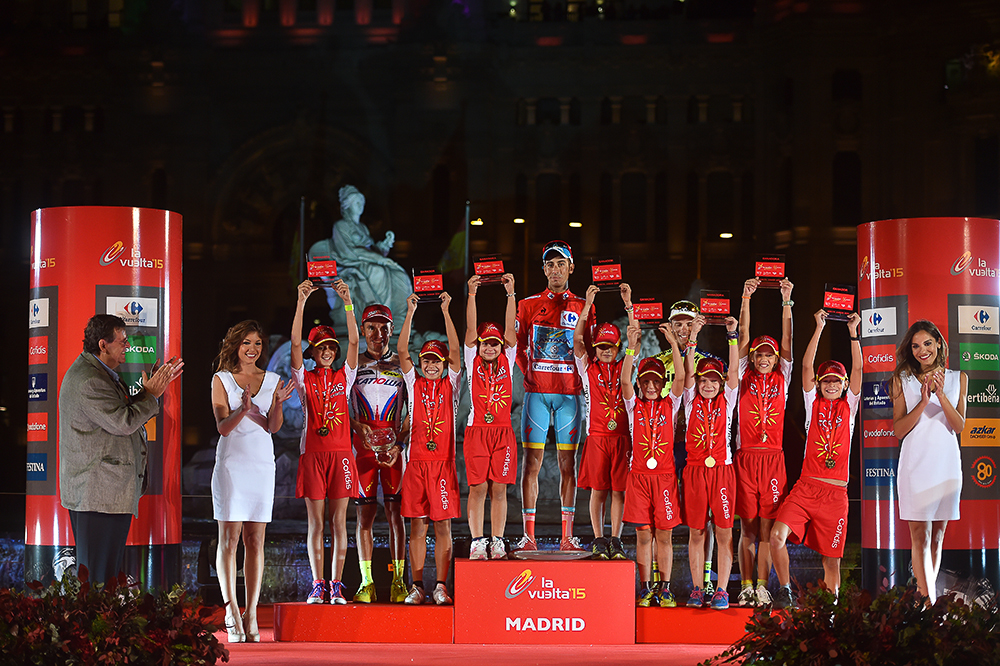
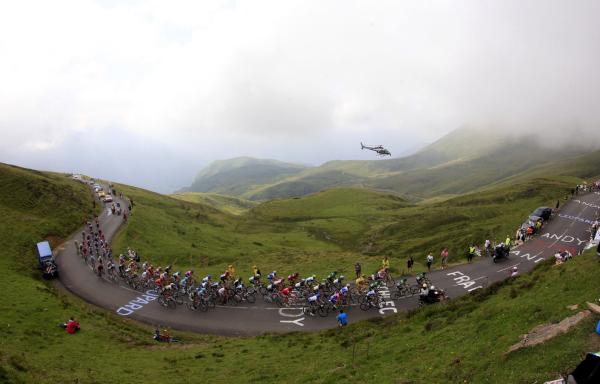
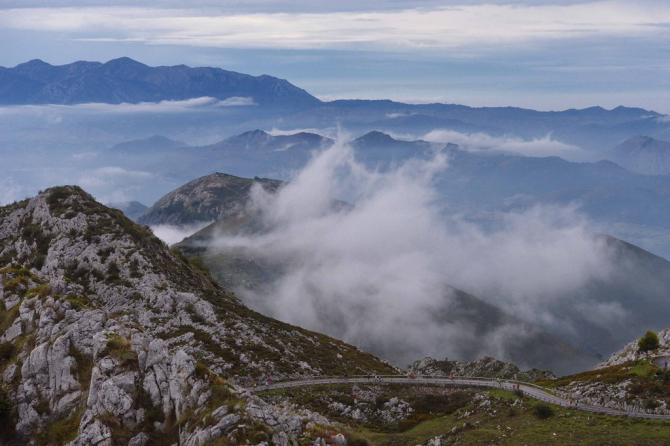
Yet more details have now emerged of the 2016 Vuelta a Espana route, with Spanish daily AS reporting that although there will be ten summit finishes - one more than in 2015 - t will be much less mountainous overall with fewer lengthy transfers.
Much of the early segment of cycling's third Grand Tour of the year, running in 2016 from August 20 to September 9, was already public knowledge. As in 2013, the Vuelta will start with a team time trial in Galicia, and it will again be medium-length - 28 kilometres, a similar distance to 2013's total of 27.4 kilometres.
There will be a further five stages in the north-westerly region, one more than in 2013. Two of them end with short but difficult summit finishes at the ultra-steep Mirador de Ezaro on stage three and, the following day, at San Andrés de Teixido. Having left Galicia on stage seven, two much more challenging days in the mountains, to La Camperona in northern Spain on stage eight and the nearby Lagos de Covadonga, one of Spain's most legendary finishes, on stage ten, then round off the first block of racing.
Following a rest day and a short hop east, yet more stages in northern Spain are planned for Cantabria, the Basque Country and Navarre, culminating with a brief, but punchy, incursion at the end of the second week into the Pyrenees, and perhaps, France. According to AS, the Aubisque could well be another summit finish, but no Pyrenean stages as hard as the Vuelta's ultra-difficult stage in Andorra in 2015 are on the cards.
A second rest day brings the Vuelta south to the region of Valencia for three stages, concluding with a time trial on stage 18 between Xavea and Calpe that is set to be similar in length to the 'chrono' in Burgos in the third week of 2015. A final trek through the mountains of south-east Spain follows before la Vuelta then swings back towards Madrid for a finish in the capital on September 9.
Overall, the Vuelta route, if confirmed, would have a harder first half compared to 2015, but it would then be far easier in the second part. The focus of the second and third weeks, in fact, could largely centre on the final time trial.
Should AS's report be correct, the 2016 route is strongly focussed on northern and eastern Spain. The mountains of Avila and Salamanca, where Fabio Aru managed to dislodge Tom Dumoulin from the Vuelta's leader jersey in 2015, will not be present next year. Nor, apparently, are any stages scheduled for Andalusia, which has featured heavily in the last three editions, Catalonia, the Balearics or - yet again - Spain's westerly region of Extremadura. In the mid to long term, the Vuelta's oft-rumoured return to the Canary Islands, reported a couple of weeks ago to be scheduled for 2017, has now apparently been put off until 2019.
Get The Leadout Newsletter
The latest race content, interviews, features, reviews and expert buying guides, direct to your inbox!
The 2016 Vuelta a Espana presentation will take place on January 9 in Santiago de Compostela, Galicia.
Alasdair Fotheringham has been reporting on cycling since 1991. He has covered every Tour de France since 1992 bar one, as well as numerous other bike races of all shapes and sizes, ranging from the Olympic Games in 2008 to the now sadly defunct Subida a Urkiola hill climb in Spain. As well as working for Cyclingnews, he has also written for The Independent, The Guardian, ProCycling, The Express and Reuters.
